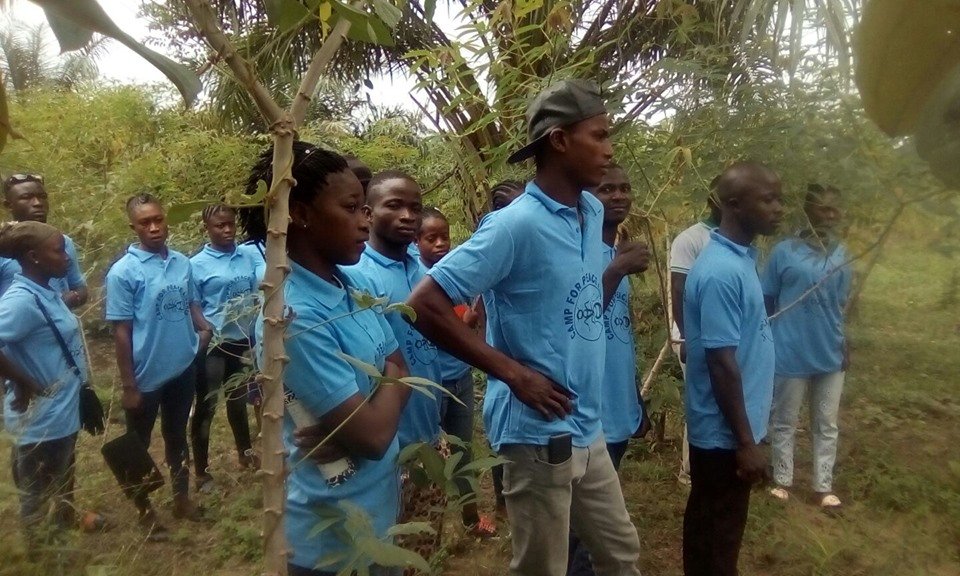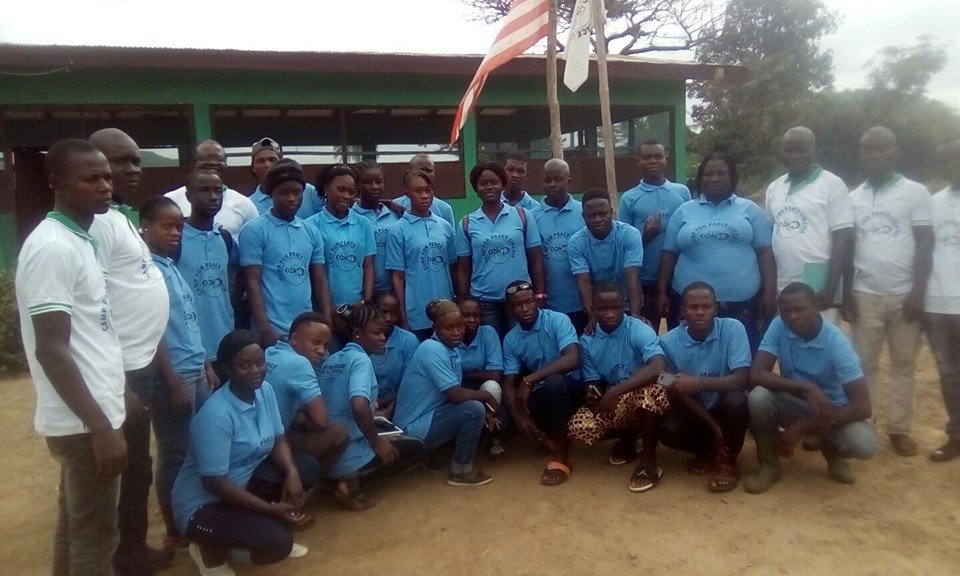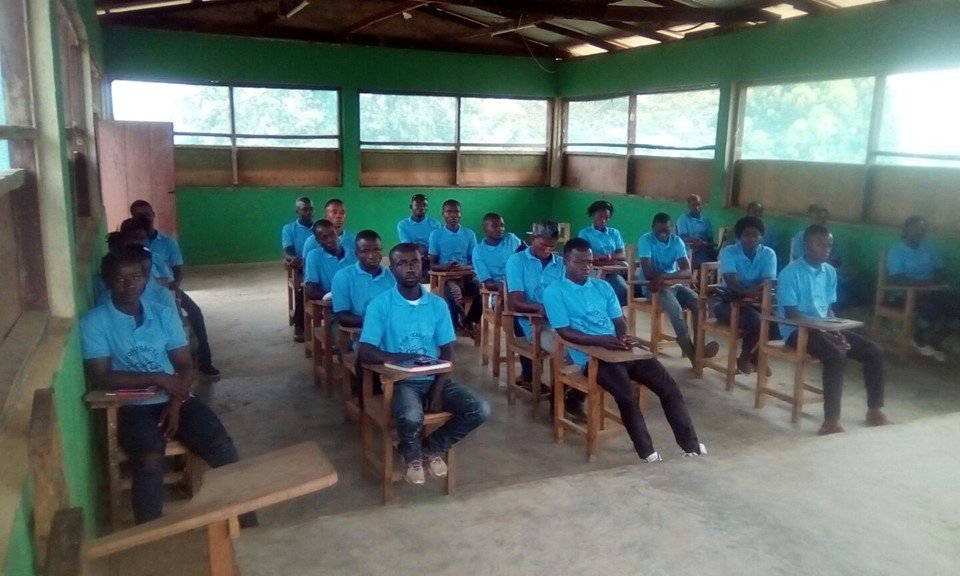By B. Abel Learwellie | Executive Director
During the period under review, Camp for Peace Liberia enters the 3rd month of its 9th vocational training program with 30 youths (males and females) from different parts of the country. The 2020 professional program will run for 11 months and will emphasize various aspects of agriculture training, strategies, and skills development. The program was launched in December 2019 with a strong message for young people to embrace agriculture as one of the last potential opportunities for Liberians to improve their social and economic development.
The program has strongly stressed the importance of reforming Liberia development patterns. He emphasized that vocational programs for both educated and uneducated youths will have a fast-tracking impact on Liberia's social-economic and sustainable development. He, therefore, admonished the students to take their training seriously, stressing that only Liberians can develop Liberia. The 2020 program is outlined in the different training components, which include animal husbandry encompassing pig production, goat raising, poultry, fish ponds, cows, etc. Other areas of the program also include rice and vegetable production, palm nursery and management, cocoa nursery, etc. The raising of these animals and the production of crops and vegetables are boosting food security in Liberia and enhancing the Liberian economy from a state of dependency to a state of sustainability.
The Camp for Peace Agriculture training methods is very different from traditional schools and colleges. Camp for Peace does not provide an academic certificate, nor do they depend on chemical inputs for food production. Their training takes place through the simple acts of living in the community, working together as a team on an organic farming process, and at the same time, sharing with others. That is the reason why they target both uneducated youths, commonly referred to as "one eye," and semi-educated youths. Their goal is to improve the living standard of their beneficiaries and participants, irrespective of their social, economic, education, and religious background. They feel the pains that most youths in Liberia today are vulnerable and lack the opportunities to meet the basic needs of livelihood. Therefore, they entice them to agriculture through education, training, and mentorship.
Links:
Project reports on GlobalGiving are posted directly to globalgiving.org by Project Leaders as they are completed, generally every 3-4 months. To protect the integrity of these documents, GlobalGiving does not alter them; therefore you may find some language or formatting issues.
If you donate to this project or have donated to this project, you can receive an email when this project posts a report. You can also subscribe for reports without donating.
Support this important cause by creating a personalized fundraising page.
Start a Fundraiser

